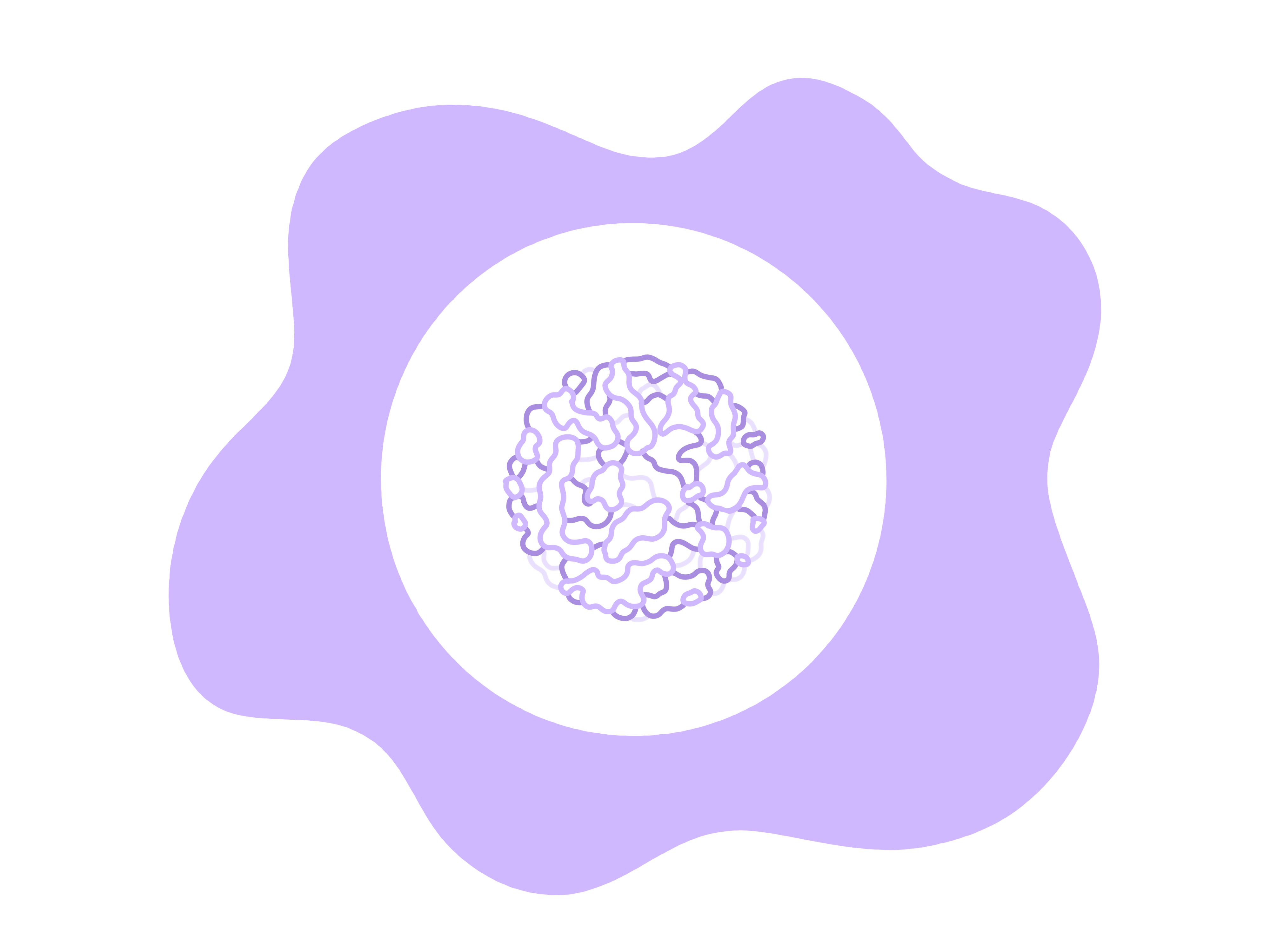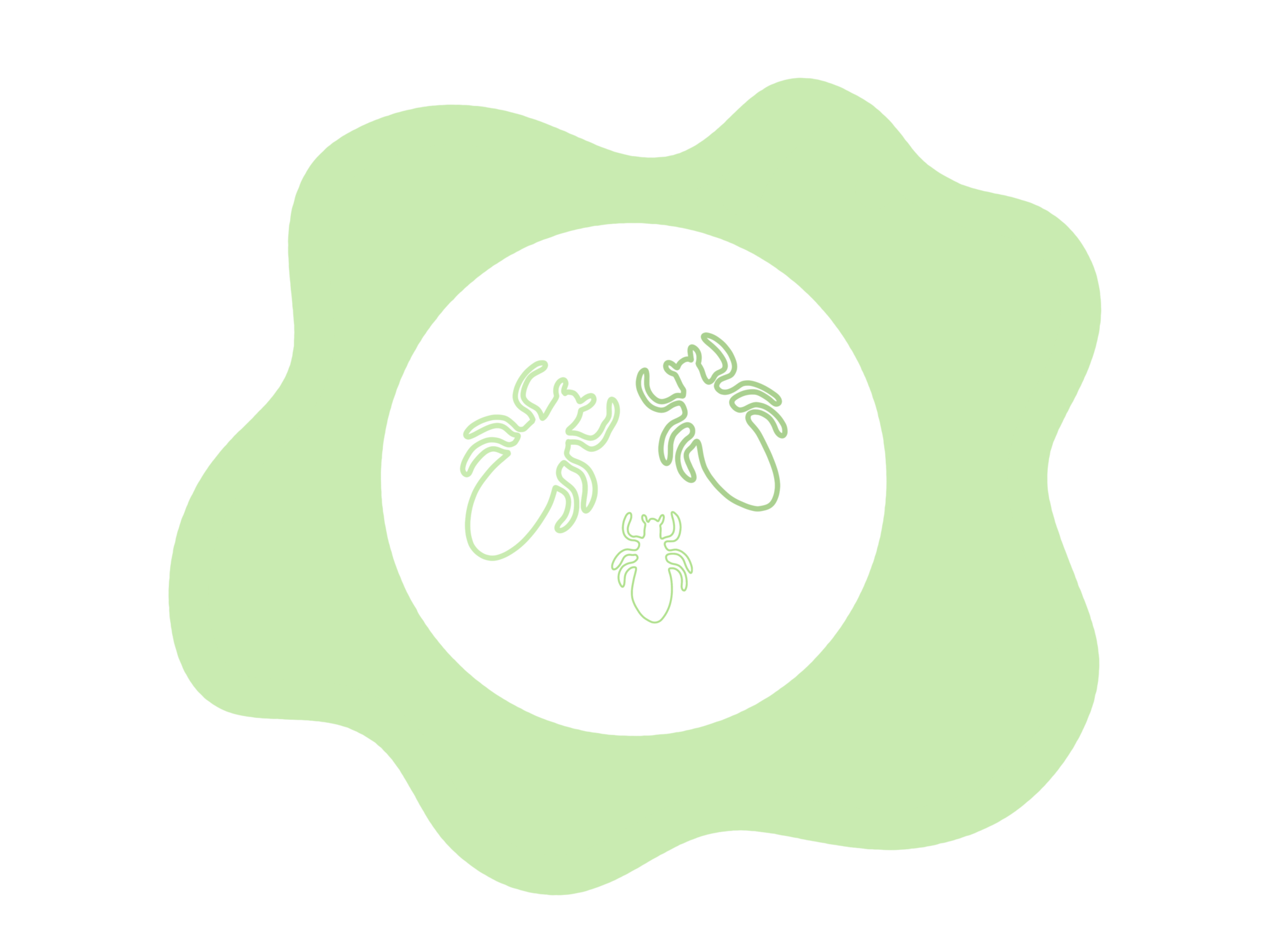Symptoms Of HPV
There are over 100 different strains of HPV which can affect different types of the body. About 30 of them affect the genital skin and 99% of all cervical cancers are caused by HPV along with anal, penis, vulval, vaginal and some neck or head cancer. (which is part of why we have smear tests).

Most HPV strains are symptomless, apart from the strain that causes warts.
Genital Warts are small cauliflower looking bumps that appear on and around the genitals & anus in clumps or on their own. The strain that causes Genital Warts cannot cause cancer.
Did you know? HPV is so common that everyone of us will get some strain in our lifetime (NHS).
The most common places for the warts to appear are:
The vulva.
Around the cervix.
Inside the vagina.
Around or inside the anus.
On the upper thighs.
On the penis or scrotum
Inside the urethra in the penis
Causes Of HPV
The most common way to spread HPV is through skin-to-skin contact even if there are no warts.
It CANNOT be spread through kissing, hugging, toilet seats, sharing towels etc.
It CAN however, be spread through:
Unprotected sex (vaginal, oral & anal).
Genitals touching.
Sharing your toys without washing between uses.
Condoms can help protect you from HPV but the virus may still be passed on by the surrounding areas (skin to skin contact).
Treatments For HPV
There is no specific test for HPV but it's easy for a doctor to spot and diagnose warts. These will then either be quickly frozen off (this feels like a little sting) or you will be given a cream.
For some people it can take months for the treatment to work and for the warts to disappear.
You should avoid having sex until the genital warts have fully healed. This helps with recovery and of course spreading.
Over time, genital warts will go away without treatment but if left untreated, they may also grow larger or multiply.
HPV Vaccine
Some strains of HPV lead to cervical cancer. There is a vaccination programme that is offered to all young people aged 12 – 13 to protect against some of the strains of HPV.
This vaccine also offers protection against developing genital warts.
HPV & Cancer
It's important to go to your smear tests as they test for abnormal cells (that could be cancerous) caused by HPV.
If you want to learn more about the different types of cancer that can be caused by HPV (regardless of gender), I recommend reading the HPV Guide by The Eve Appeal.
⚡ I am not a health professional. I am qualified in RSE but I am not a doctor. Content for this page has been drawn from the NHS website and Brook.org.uk. Please head over to these great sites for more details.









